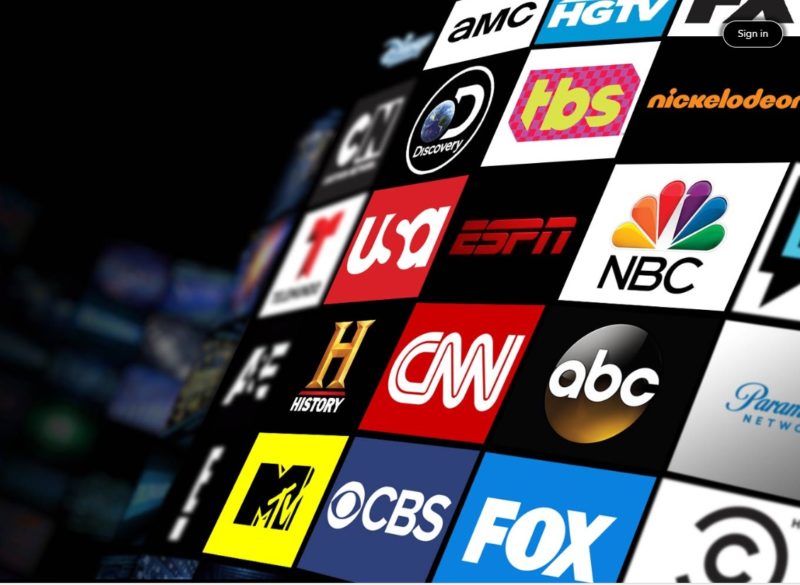Latest News

Photo Credit: DirecTV
AT&T has reached a deal with TPG Capital to spin off its U.S. video business unit of DIRECTV, AT&T TV, and U-verse. The transaction, announced Feb. 25., will separate AT&T’s U.S. video business into a new company named DirecTV.
The deal values the business at $16.3 billion. AT&T expects to receive $7.6 billion in cash when the transaction closes.
Following the close of the transaction, AT&T will own 70% of the common equity and TPG will own 30%. Bill Morrow, CEO of AT&T’s U.S. video unit will lead the company.
AT&T bought DirecTV in 2015 in a deal valued at $48.5 billion. Including DirecTV’s debt, the total purchase price was about $67.1 billion. But AT&T’s pay-TV business has drained subscribers over the years. In AT&T’s most recent financial results for Fourth Quarter (Q4) 2020, the company reported a loss of 617,000 premium TV subscribers for the quarter, and another 27,000 lost for AT&T TV NOW.
Yet AT&T said in the release that it hit the peak level of subscriber losses in 2019, and the situation improved in 2020. Premium video net losses improved sequentially for five straight quarters through Q4 2020. The U.S. video unit had approximately 17.2 million subscribers as of the end of 2020, AT&T reported.
“Video remains a core service for tens of millions of households. As video consumption habits evolve, the new DIRECTV will continue investing in its offering to provide value to its customers, including through next-generation streaming pay-TV services,” commented David Trujillo, partner at TPG.
TPG said it will ensure that DirecTV’s airwaves continue to serve a public benefit by continuing to provide high-quality satellite video service to consumers across the country.
Satellite TV is a tough sell in the U.S., as cable TV offers bundled discounts with internet service, and other consumers cut the cord and migrate to Over-the-Top (OTT) options. In a 2020 interview with Via Satellite, leading U.S. telecom analyst, Craig Moffett said satellite TV only makes sense in rural areas. In 10 to 15 years, Moffett said satellite TV in the U.S. could go the way of the pager industry — which still exists, just for a small subset of customers who need it. “It’s hard to imagine there will be two separate companies because I don’t think the opportunity is big enough to keep two companies out of bankruptcy,” he said.
Stay connected and get ahead with the leading source of industry intel!
Subscribe Now